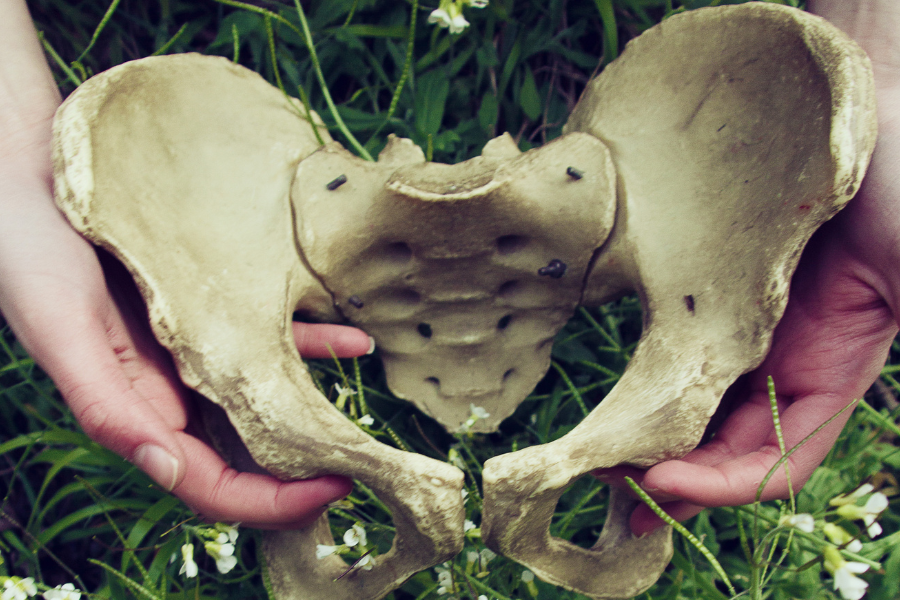Ask Lynn: Who is the Internal Pelvic Floor Course for?
The short answer to this question is that when I created Internal Pelvic Floor Treatment: The Missing Link to Successful Intravaginal Work, I made it for anyone doing intravaginal work.
In marketing a course, they tell you to have a specific person in mind and talk to just them, but I felt like the information for this course was too important for anyone doing this work to miss. Intravaginal work, especially for those newer to working in this area, requires essential information and an approach that you must know to successfully do this work and create an optimal experience for your clients regardless of your experience level.
Realizing A Need For This Education
When I was teaching the Holistic Treatment to the Postpartum Body course and was sharing the intravaginal protocol I teach in that course, there were students who had never done intravaginal work. I realized there was a lot of other information that they didn’t know and that wasn’t taught in the postpartum body course. With the incredible need that exists for pelvic health therapists, especially those who do internal work, I decided I needed to create a course that would provide a strong foundation for those learning internal pelvic floor work.
I wanted to help cover the pieces I believe every practitioner performing internal pelvic floor work should know and help build confidence with this work. My other intention was to teach in a way that is respectful and connected to the client to ensure that they feel safe and comfortable as I do not see an emphasis on that information being taught in other courses.
Are You New To Intravaginal Work?
If you are new to intravaginal work, this course is a great introductory course to learn more about the vulvar anatomy, the pelvic floor muscles, and how to enter the vaginal space in a respectful way that helps avoid adding trauma to the body. This curriculum will help you build your confidence and get more optimal results with your clients.
In one of my live courses, I had two students tell me they did not want to learn the intravaginal work. When I demonstrated an intravaginal work session, they both came up to me after and said, “I can do that! I want to learn how.” It is not as weird, uncomfortable or whatever other adjective you’ve placed on this work as you may think it is. It can be done in a respectful way that is healing and can get clients out of potentially debilitating pain or dysfunction. In this course you will see me perform an intravaginal exam on a real person.
Do You Have Experience With Intravaginal Work?
While some of the information in this course may be review for you, there are key techniques and ways to approach the intravaginal space that you must know and, most likely, are not currently doing. Making sure your client is fully connected to their vaginal space is a must prior to doing internal pelvic floor work if you want your sessions to be more successful. Creating this connection will help prevent you from adding trauma to an already traumatized body.
In addition, learning to use the pelvic bones while working with the pelvic floor muscles is critical for greater ease in helping the pelvic floor muscles release. If you are open to trying a new way to enter the vaginal space, I will teach you a way that students say is a much smoother and easier approach that they really like!
Helping clients get connected, using the pelvic bones, and the approach I teach are three aspects that can help you get more optimal results and build confidence with intravaginal work.
Education on Intravaginal Work
Check out the Internal Pelvic Floor Treatment course today and start getting better results with your intravaginal work. Our 2024 group cohort for this online course is open for registration until March 3, 2024. A group cohort offers extra support for the online courses and gets you access to a live group call with Lynn to review any questions or techniques.
About the Author: Lynn Schulte is a Pelvic Health Therapist and the founder of the Institute for Birth Healing, a pelvic health continuing education organization that specializes in prenatal and postpartum care. For more information, go to https://instituteforbirthhealing.com

